Who wants mold in their homes, right? Aside from being unsightly, it can cause health issues and damage your furniture. If you're thinking about using HEPA filters for your air purifiers in the hopes of removing mold inside your home, you've come to the right page. We asked the experts if these filters are effective in getting rid of mold and here's their answer.
HEPA filters can help trap mold spores, especially those which are 0.3 microns or bigger in size. However, some molds are smaller and can still get past these filters. HEPA filters also won't be able to remove the mold which is already growing on damp surfaces in your home. This means that HEPA filters can only help you reduce mold, but you still have to address the underlying cause to get rid of the problem.
Keep on reading so we can explain further how HEPA filters can help you in eliminating mold in your home. We'll also teach you how to determine if there are mold spores in your home. We'll also answer if these filters are toxic and if they can be washed or reused instead of buying new ones. Let's get this started!
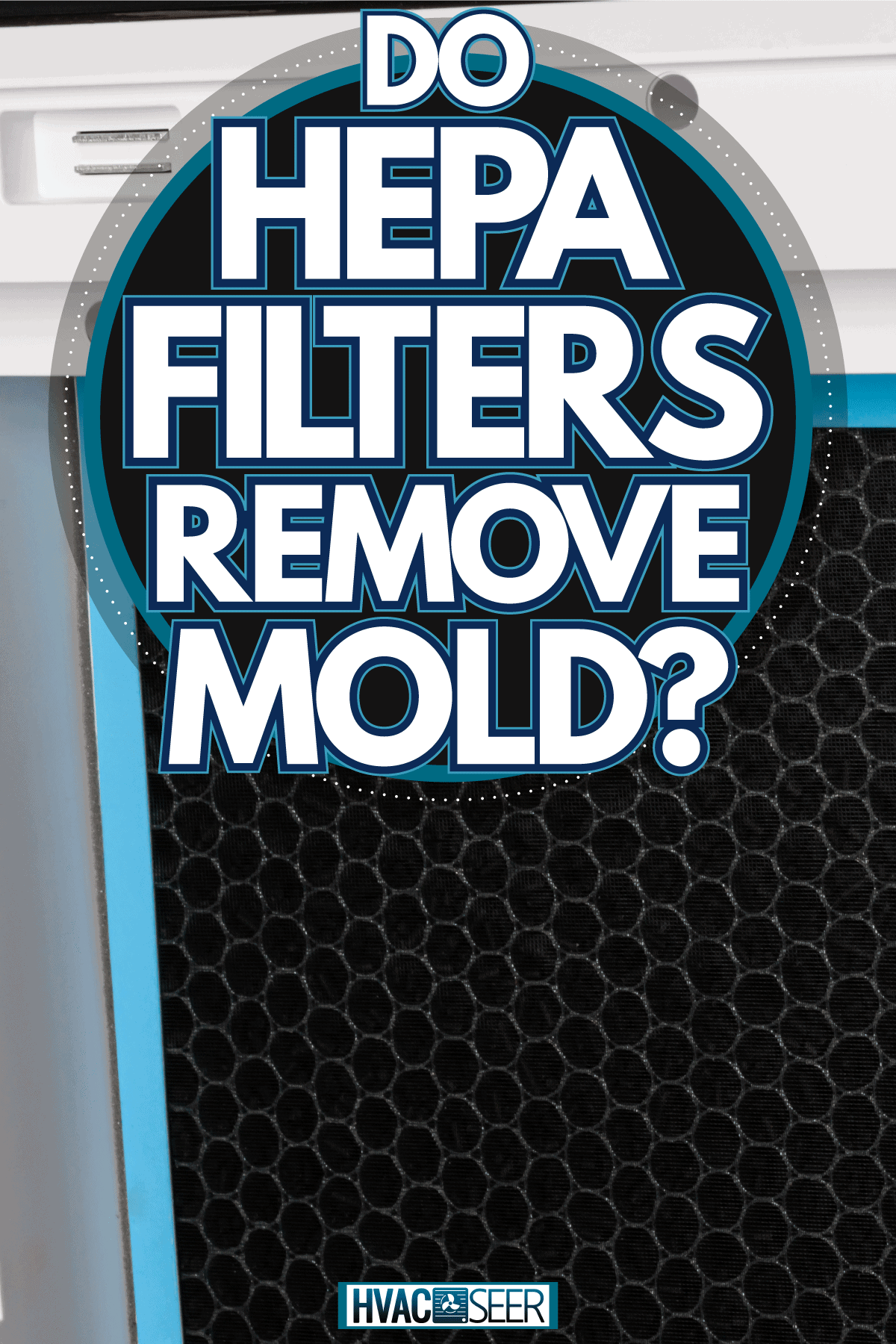
Is HEPA good for mold?
Molds are microscopic fungi that can be found not just outdoors but also inside our homes. They thrive in any place that has a moist environment. If you see black, orange, green, or white spots on certain portions of your house, especially those located in damp and humid areas, chances are there's mold growth inside your home.
The thing is, these molds can cause difficulty in breathing, stuffy nose, eye, and skin irritations, especially for those with allergies, asthma, and compromised immune systems. Long-term exposure to their byproducts called mycotoxins can even cause poisoning and lung problems.
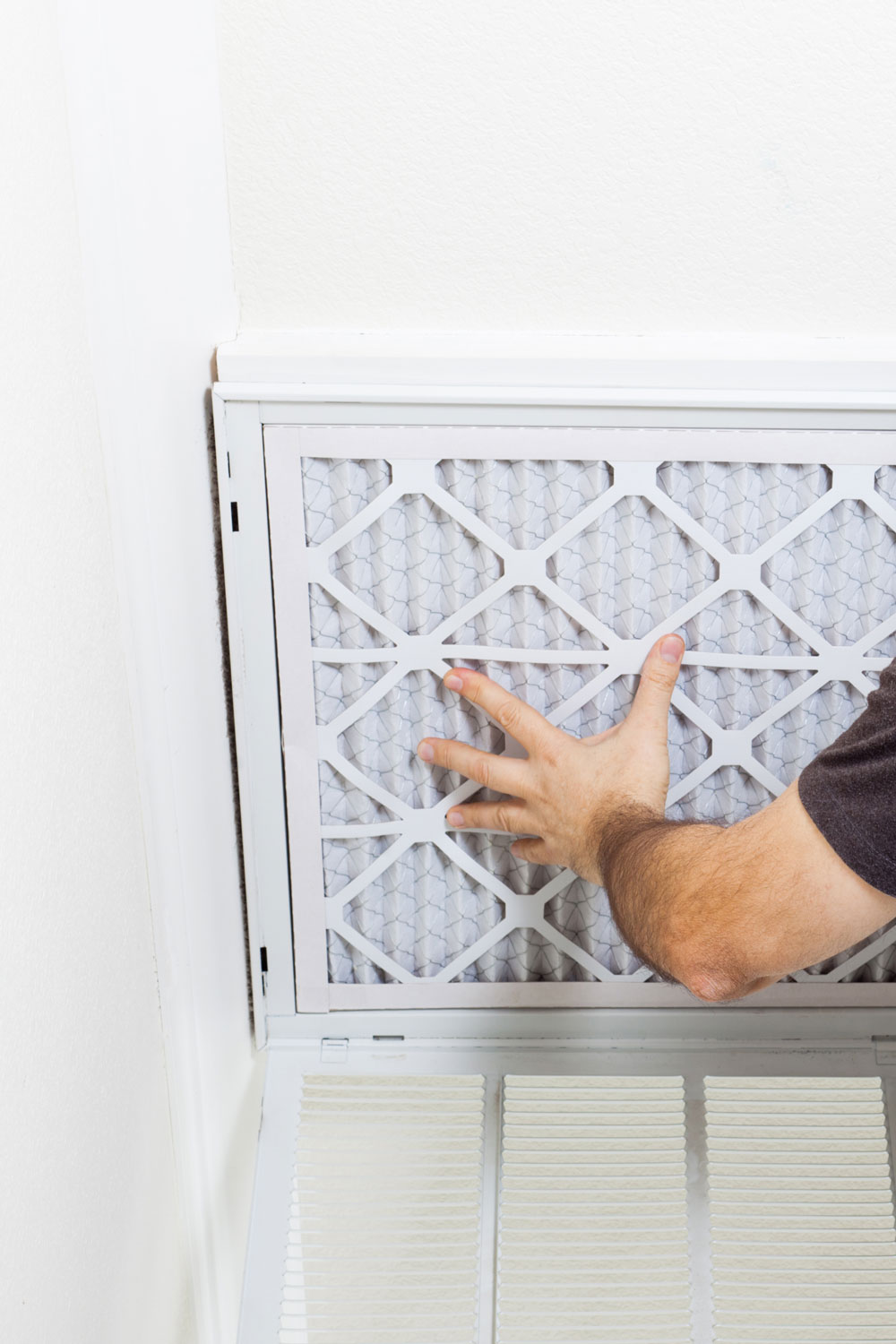
Mold can also damage upholstery, linens, and furniture. It is unsightly and can destroy the materials that that it clings to. In short, nothing good comes out of it, so might as well get rid of it ASAP!
That's why many homeowners are looking into using HEPA or High-Efficiency Particulate Arrestance filters in their air purifiers. These filters are also found in some vacuums.
HEPA filters are made of a tight weave of sticky and minuscule fiberglass fibers, hundreds of thousands in number. They can trap particles in the air that are at least 0.3 microns in size. This is how they are able to capture 99.97% of indoor air contaminants, including mold spores, so that they won't continue floating around in the air.
Check out this link to see these HEPA filters on Amazon.
How tiny are these particles? Well, just try to hold a single strand of your hair. It has a diameter of around 50 to 100 microns, so you can imagine just how minute in size the air pollutants that these HEPA filters can catch and prevent from spreading in your home.
But the truth is that some mold spores are even tinier than 0.3 microns. This means that they can still get past these HEPA filters and continue to infiltrate your home. Also, these filters won't be able to address the mold growth in certain areas in your house. In fact, mold can also grow on their surface, and your air filters would eventually emit mold spores rather than remove them from the air.
So, while HEPA filters can help reduce mold growth in your home, they won't totally remove them unless the underlying causes are addressed immediately. This includes high humidity and moisture levels inside your house.
How do you tell if there are mold spores in the air?
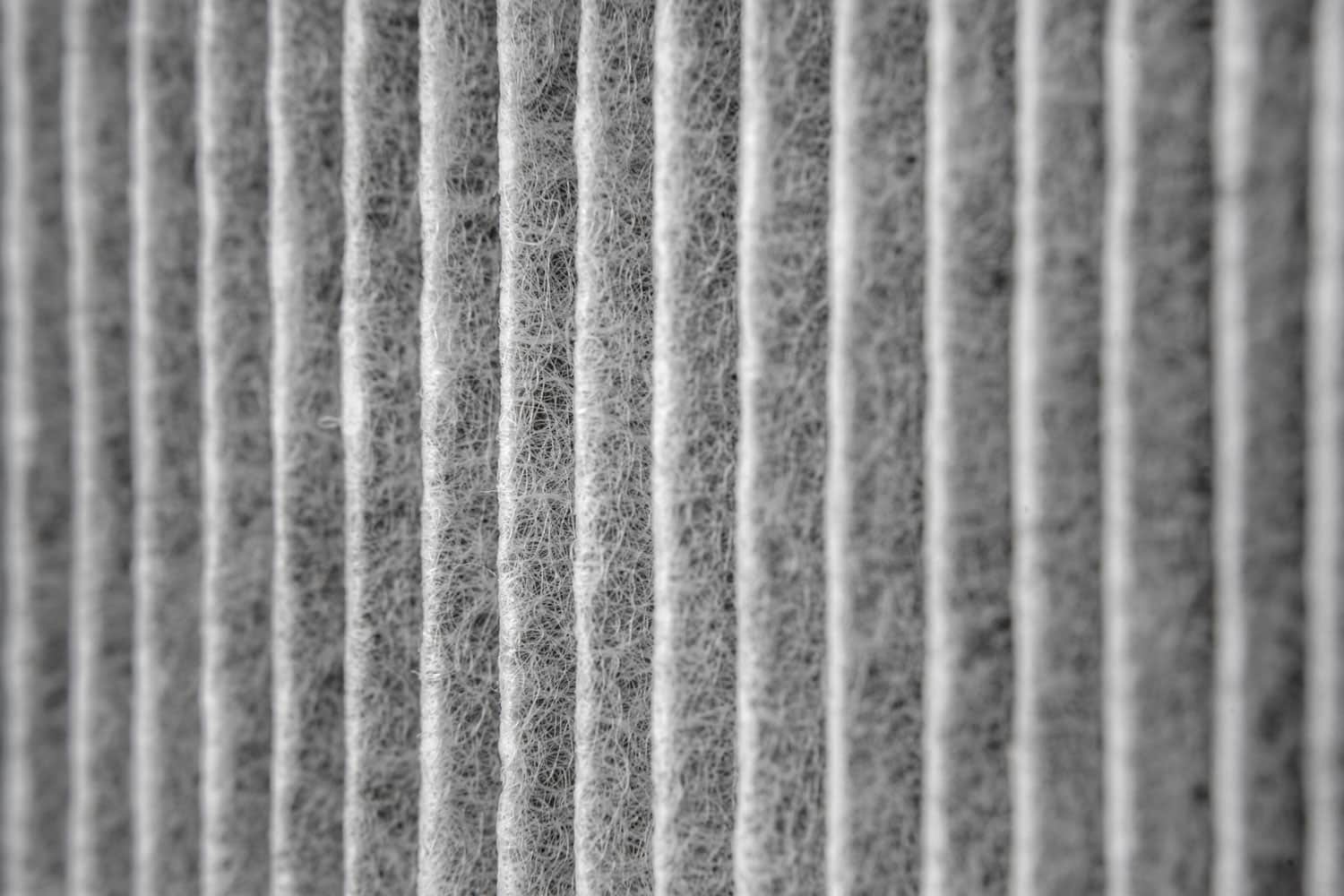
Once mold settles on damp surfaces in your home, it is easier to spot since it forms patches of different colors. Patches can be black, green, brown, white, or a combination of these colors. Their color would also tell you the type of mold present.
For example, Stachybotrys chartarum or Stachybotrys atra is also called black mold because of its color. Meanwhile, the Aspergillus is greenish-white in color.
Molds produce spores. These are seed-like particles that float in the air that affect your indoor air quality. However, it's hard to tell if mold spores are present in the air. With the microscopic size of mold spores, they are impossible to see with the naked eye. That's why it is hard to tell if they are present in the air.
Here are some ways for you to determine if there are mold spores in the air.
- Smell. There's a certain musty odor when mold spores are in the air.
- Symptoms. When you or your family members experience allergy symptoms more often, it could also indicate mold growth.
- Test. You can buy a mold exposure kit and apply it to damp areas where you suspect mold growth. However, you would have to send the test strips to a laboratory for analysis, and they'll just inform you about the results.
Find this mold test kit on Amazon.
Are HEPA filters toxic?
Since HEPA filters are made of very fine fiberglass fibers, there have been some toxicity concerns. These filters shed their fibers, and they add to the pollutants in the air. Studies show that fiberglass inhalation can irritate the lungs and some people are worried that it could lead to cancer in the long run.
However, researchers have pointed out that the number of fiberglass fibers that these HEPA filters shed won't cause any serious health issues in humans. Also, the shedding rate decreases over time, so exposure to fiberglass fibers is within a limited time only.
In general, we can say that HEPA filters are safe to use. The fibers that they release are just the same as common dust particles that are frequently found in the air.
It is also important to clean your HEPA filters regularly to make them healthier to use. Take note also to have them change about once a year on average. If you use pre-filters, they can help extend the life of your HEPA filters up to five years!
Can HEPA filters be washed and reused?
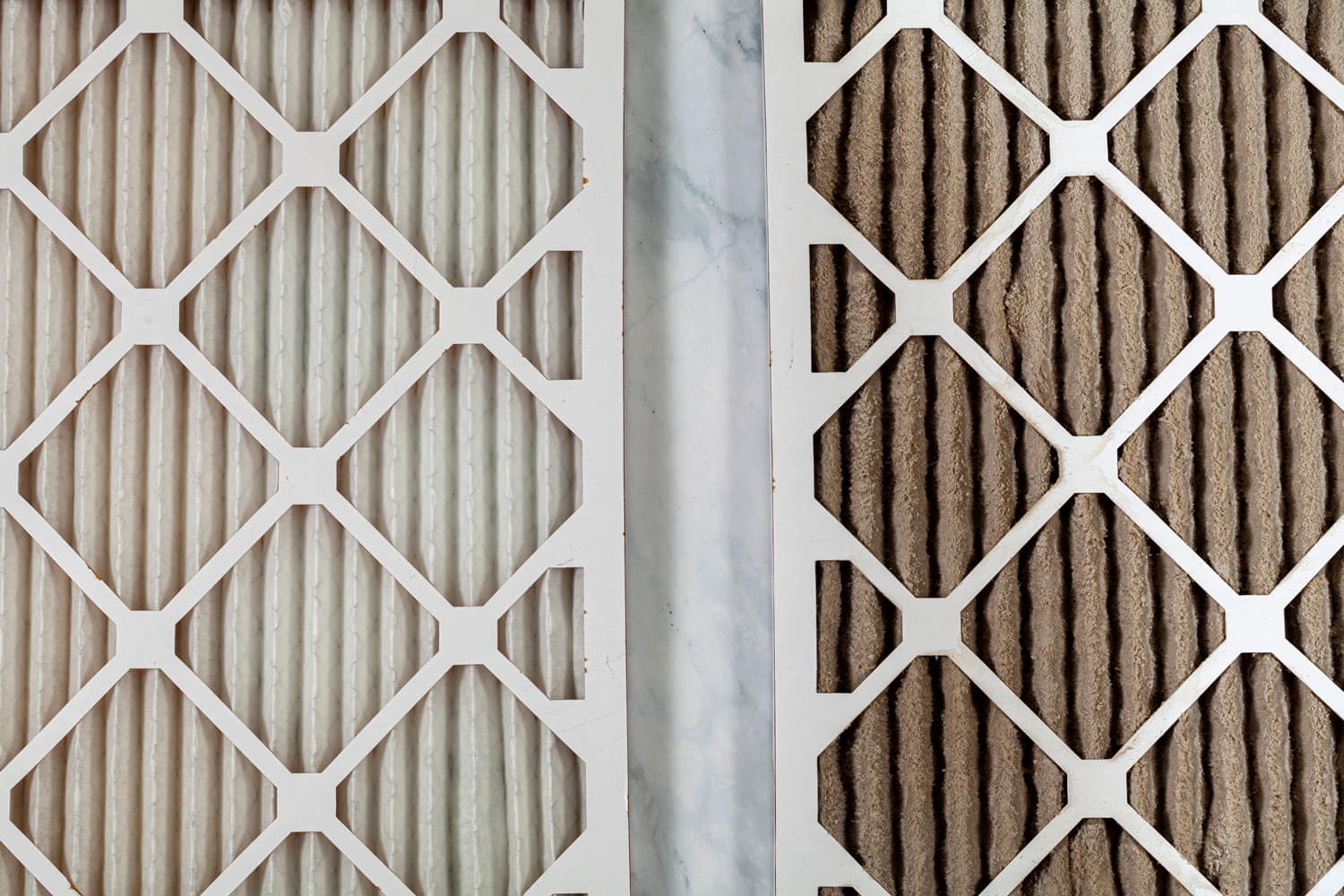
With all the pollutants in the air, these filters have a tough job of trapping as many contaminants as possible. The downside here is that their effectiveness in trapping these pollutants would decline over time with their accumulation on the filters. That's why it is important to have them cleaned regularly to optimize their performance.
However, some filters are disposable and have a limited lifespan. HEPA filters can be quite expensive. It would help a lot budget-wise if they could be washed and reused so that you won't have to buy new ones every time that they get dirty.
But it would depend on the type of HEPA filter that you purchase. Keep in mind that not all HEPA filters are the same. Read the product information carefully to know if what you're buying is washable or reusable. Go through the instructions as well so that you won't compromise its quality whenever you wash it.
How to Clean A HEPA Filter
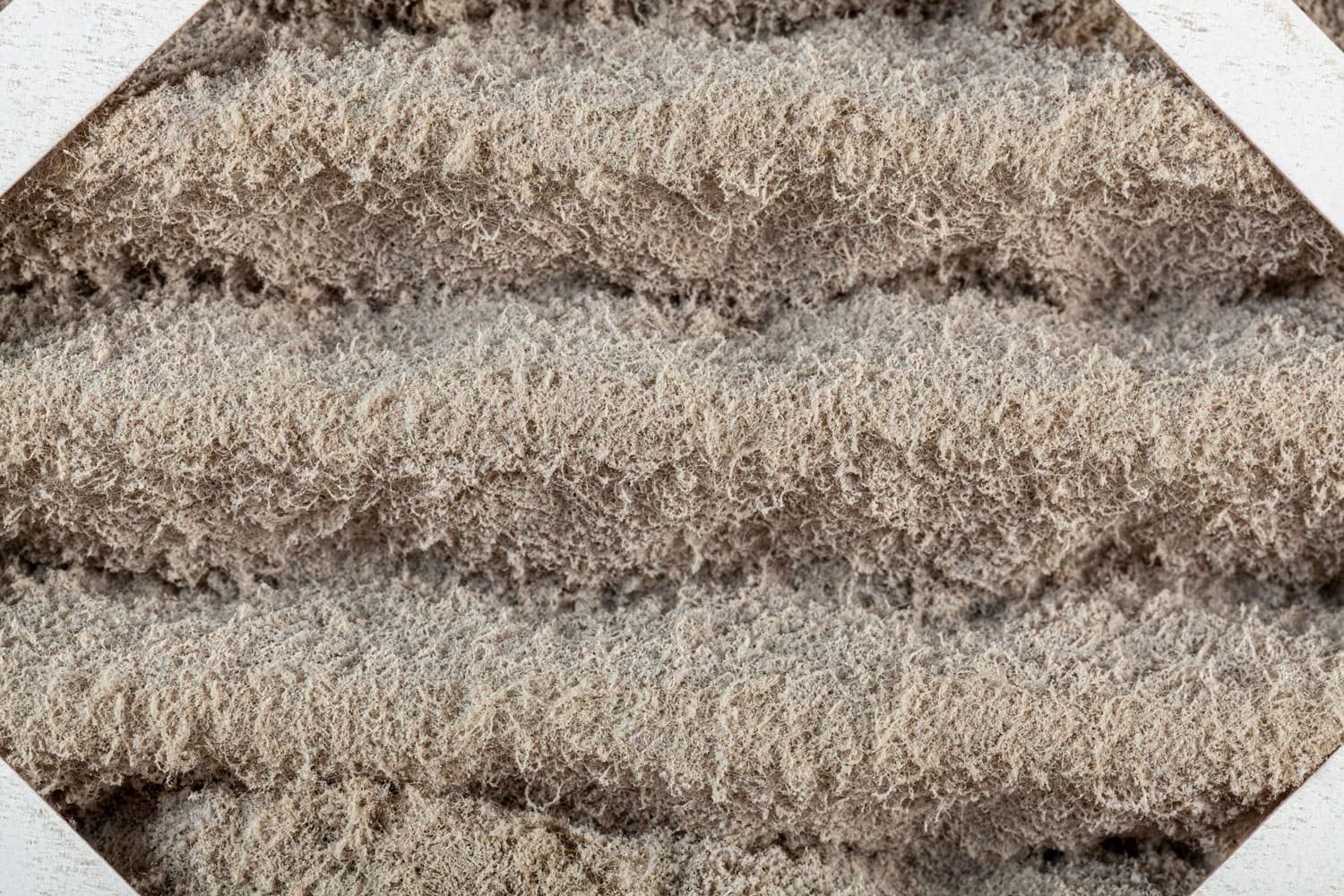
Washable HEPA filters can be cleaned by rinsing them with cold tap water, while permanent filters can be cleaned using a handheld vacuum to remove all the dust, dirt, and contaminants trapped on their surface.
You can use tea tree oil, baking soda, vinegar, or citrus seed for more environmentally safe ways of cleaning your air purifiers.
HEPA Filter Replacement
Final Thoughts
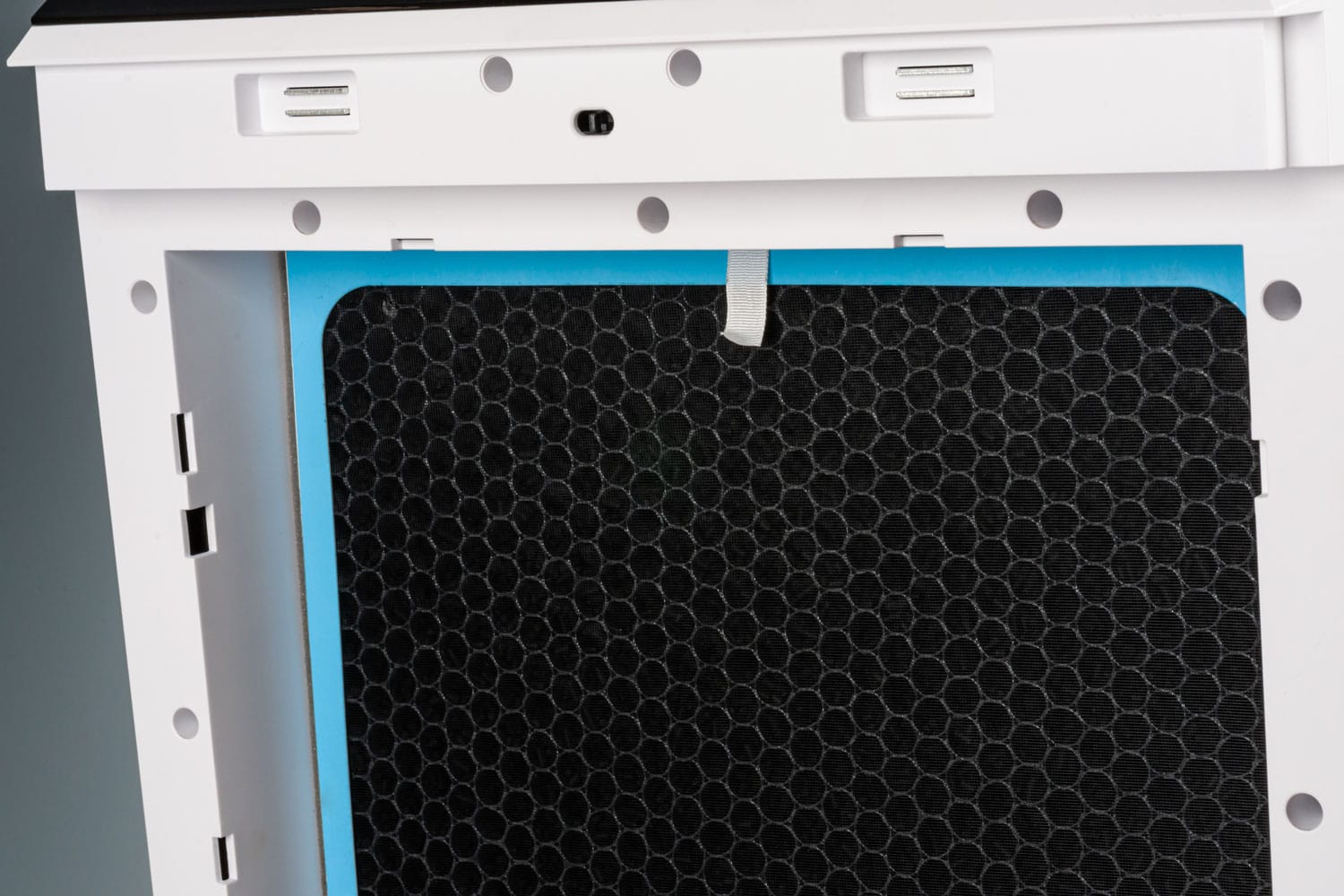
While HEPA filters alone are not enough to alleviate the mold growth issue in your home, they can help you reduce the number of mold spores or air pollutants in the air.
To read more about related topics, you may visit the following posts:
How Many Air Filters Does A House Have? [And Where Are Filters Located]
Do Air Conditioners Filter Smoke?


